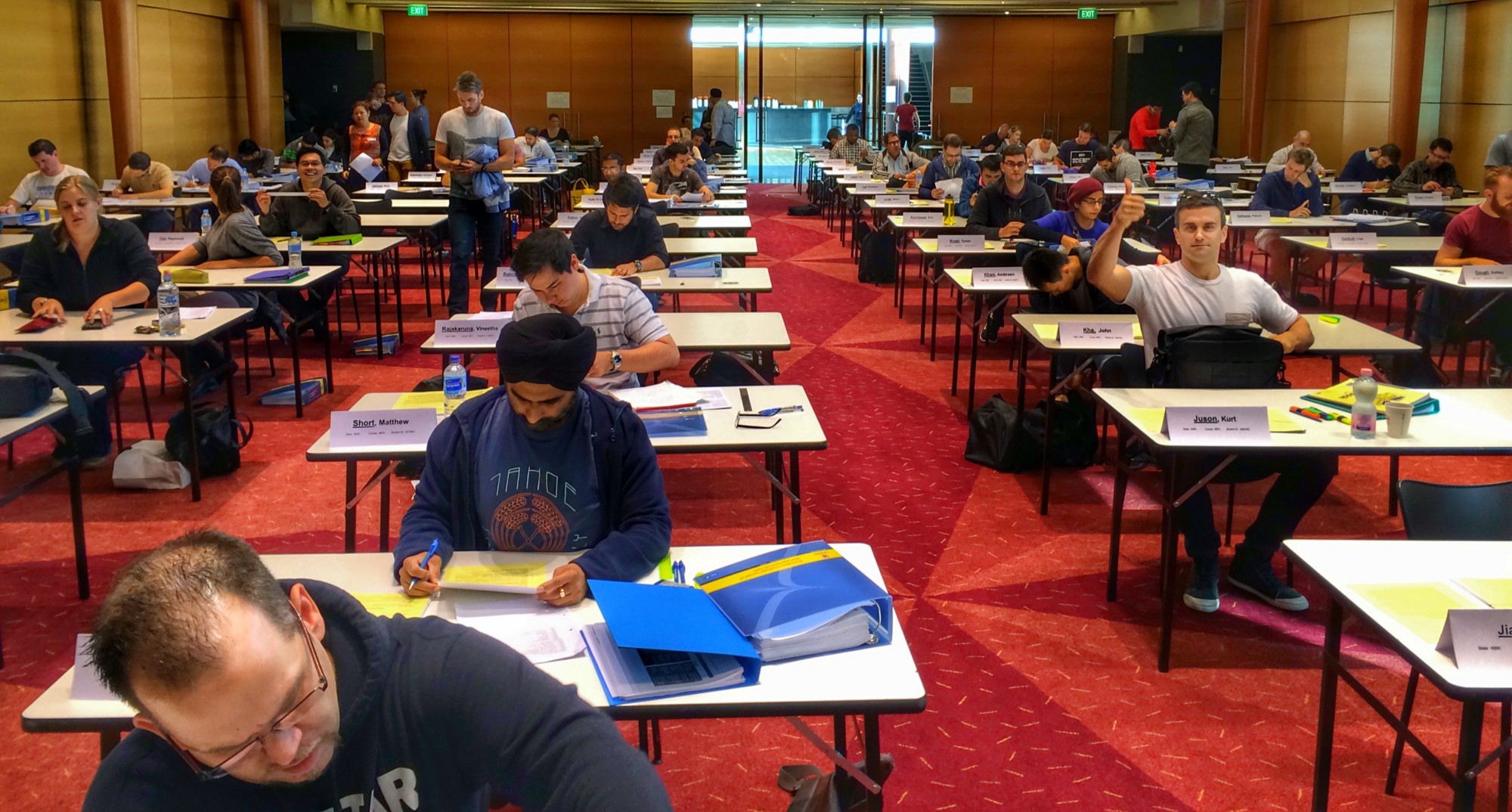Is a Business School, a foie gras Factory?
Situation
Aside from Betteridge’s law for the headline, one of the reasons for which I embarked on pursuing an Executive MBA is that I wanted to bridge my engineering and technical background with that of commerce, economics, corporate finance, considerations for strategy and its implications on building an enterprise; ‘the business fruit salad’ … I wanted to learn.

Having now completed a few courses, for me, the old adage of “perception equals reality” is not a truism across all courses (more on this next time). I will preface that the following experiential verbiage may be different to that of other schools, but anecdotally via colleagues, friends, and people that I met whilst studying on planes and airport lounges that offered their advice / experience — the issues am about to describe are de rigueur for an MBA education here in Australia.
Problem
The most prominent disconnect is between original thought and espoused validity of the content being delivered. But first lets understand the structure and workflow of the quasi-learning process that Australian Executive MBA’s look to provide.
At the beginning of each course, you are couriered an A4 binder, dense enough that were it dropped from a metre above ground, it would result in instant death for any medium sized pet playing catch underneath. Not to get too captain-Greenpeace here, but many many trees are hurt in the description of Porter’s model; and I believe anyone investing $4,050 AUD per subject, would have the IQ and bank reserves to be able to print portions of the material if necessary. Opening the said binder, undoubtedly provides much glee to the course coordinators who meticulously foraged the latest licensed articles from Harvard Business School’s — HBR for remotely sounding affiliations with their subject, with carefully centre-justified quotes whose longevity would be more impressive as cursive tattoos just above the derriere; and whilst good curation is a valuable skill, mere copy+paste regurgitation of another business school’s collateral is not.
In lies the crux. Beyond paraphrasing (well referenced of-course) business tabloid thinking of matrix organisations, conflict resolution, team norming mantra and adding page numbers .. very little original thought is actually added to these class notes. The learning methodology employed here is loosely wrapped around the following formula:
Grade = Assignments + Class (1.5h per week) + Workshop (5h) + Exam (3h)
Using the binder as the guide, you typically end up spending around 10-15 hours per week per subject. Which I believe is very reasonable.

The classes, and workshops are driven by a facilitator, but as expected, unfortunately not all are made equal. Some compliment the material with their successful experience and insightful points on framing topics and their application whilst others use it as a soap box for their acute, ‘one size fits all’ approach.
I queried the studying of not simply the past and the forcing of various industries into very specific moulds, but new and counter-routine ways in which some businesses are being structured today, i.e. holacracy, relevance of Porter to co-opetition…, these were immediately dismissed. It was made clear that only successful and valid opinion that has experienced academic rigor is to be discussed, not some quack notions; which I do, honestly believe is a very fair argument. Yet my bringing up of ideas outside the curriculum was not to simply anoint the latest trend as the “right” way and be a thorn in the facilitators proverbial, but to leverage the intellectual power of the immediate class and discuss what they will face when finishing their MBA, and note issues that will inevitably creep into their workplaces in the near future.
After a heated exchange, I was unequivocally told that the :
purpose of the class is not to view and analyse existing and possible future approach to business thinking, but to “enable me to pass the exam”.
Surprised, I asked whether “…this is an educational facility, or a business of generating tick-box MBA’s”. Perhaps naïve, or marketed-to well, I wholeheartedly hoped it was the former, but the lack of an audible response and a stern gaze from the facilitator clearly signalled otherwise.